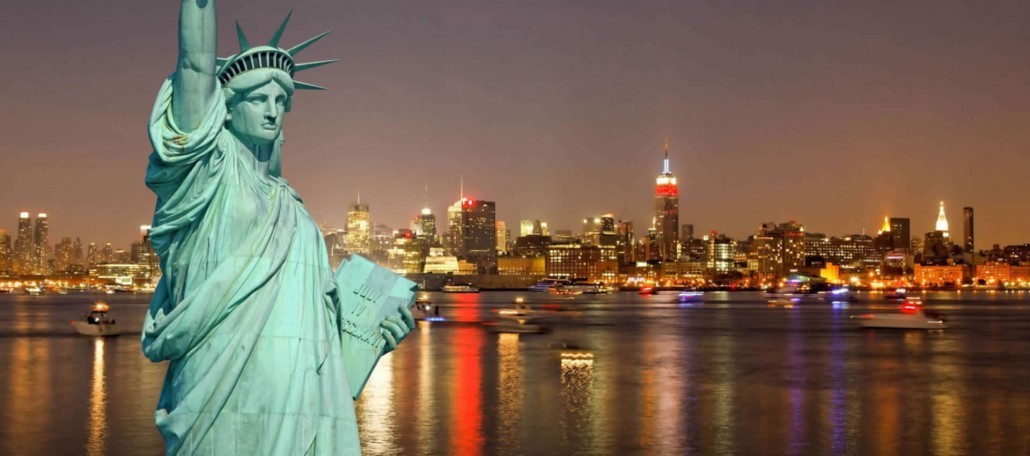Trump Issues New Executive Order entitled, “Protecting the Nation from Foreign Terrorist Entry into the United States”
Trump Issues New Executive Order entitled, “Protecting the Nation from Foreign Terrorist Entry into the United States”
The following is a bullet-point summary of President Trump’s Executive Order issued on March 6, 2017:
- It revokes President Trumps prior executive order 13769 (issued on January 27, 2017) related to the 90-day suspension of the entry of certain aliens from seven countries: Iran, Iraq, Libya, Somalia, Sudan, Syria and Yemen, as of the “effective date” of this new order.
Note: The “implementation” of the prior executive order has been delayed by litigation.
- It temporarily suspends (for 90 days from the effective date of this order) the entry into the United States of nationals of the following 6 countries: Iran, Libya, Somalia, Sudan, Syria and Yemen as it has been determined that “unrestricted entry into the United States of the nationals. would be detrimental to the interests of the United States.”
- The order is based on a past record of nationals of the designated countries’ involvement in terrorist activities or such country’s support of groups designated by the U.S. as a “state sponsor of terrorism.”
- The “effective date” of this order shall be at 12:01 a.m., eastern daylight time on March 16, 2017.
- This new order is subject to the following limitations:
“This order shall only apply to foreign national of the designated countries who :
- are outside the United States on the effective date of this order;
- did not have valid visa at 5:00 pm, eastern standard time on January 27, 2017; and
- do not have a valid visa on the effective date of this order (March 16, 2017).
Exceptions:
The suspension of entry pursuant to section of this order shall not apply to:
- Any lawful permanent resident of the United States
- Any foreign national who is admitted to or paroled into the United States on or after the effective date of this order.’
- Any foreign national who has a document other than a visa valid on the effective date of this order or issued on any date thereafter, that permit him or her to travel to the United States and seek entry or admission, such as an advance parole document.
- Any dual national of a country designated under the suspension of entry order “when the individual is traveling on a passport issued by a non-designated country.”
- Any foreign national traveling on a diplomatic or diplomatic-type visa, North Atlantic Treaty Organization visa, C-2 visa for travel to the United nations, or G-2, G-2, G-3, or G-4 visa; or
- Any foreign national who has been granted; any “ refugee” who has already been admitted to the United States; or any individual who has been granted withholding of removal, advance parole, or protection under the Convention Against Torture. (Emphasis added).
- Waivers
Waivers of those subject to the suspension of entry provisions in this order shall be discretionary and decided on “a case-by-case basis” i.e. where the foreign national “has demonstrated that denying entry during the suspension period would cause undue hardship, and that his or her entry would not pose a threat to national security and would be in the national interest.”
- Nationals of Iraq shall be subject to “additional inquiries” to determine whether such individual has any ties to “ISIS or other terrorist organizations”, or are “are coming from territories controlled by ISIS.”
This summary has been provided by Attorney Michelangelo Croce, of Croce & Associates, a law firm dedicated exclusively to the practice of U.S. Immigration and Nationality Law.
For any questions related to this summary please contact us at info@crocelegal.com or call us at 786-200-3008.







